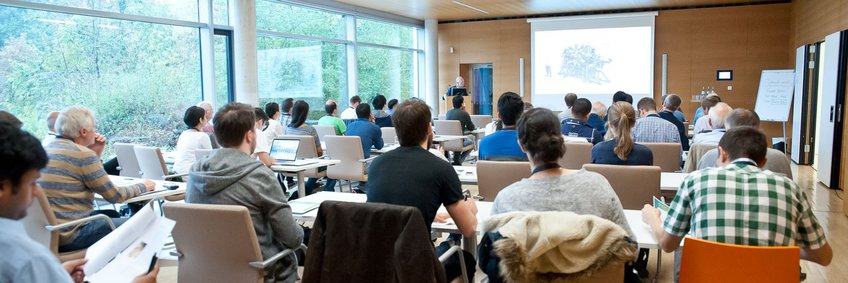The IMPRS board meeting is scheduled for February 8 from 14:00 to 16:00, exclusively for board members, to be held at the immersive lab (B.2.C07). Following the meeting, we invite our PhD students, recent graduates, and IMPRS board members to a get-together starting at 16:00 in the lounge (Building B), providing the opportunity to network, share experiences, and discuss future training opportunities.
[more]

